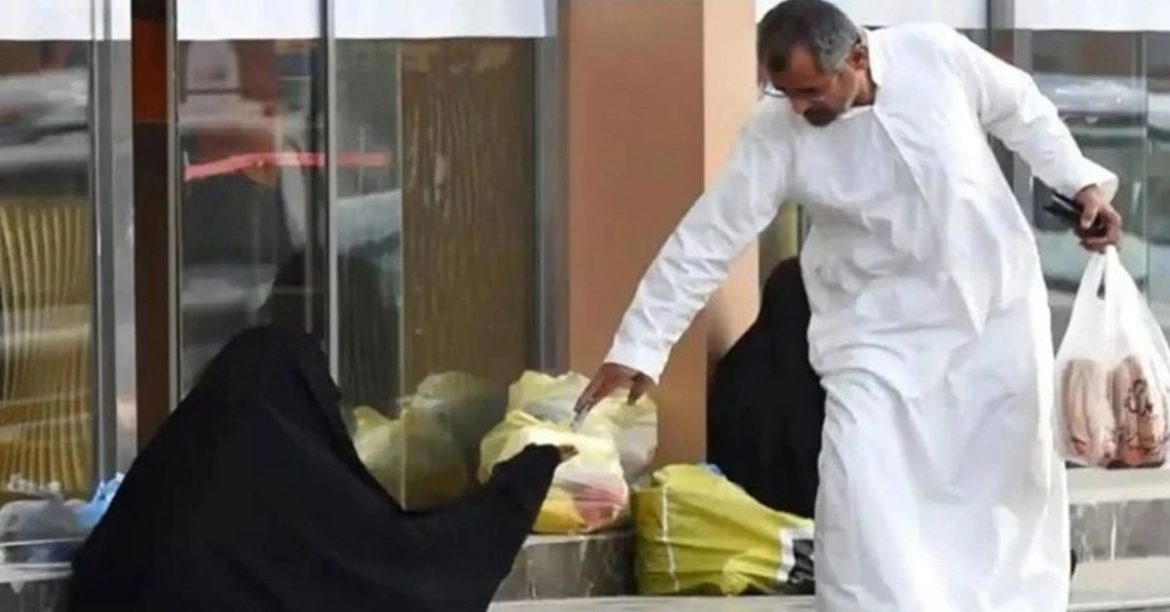- Pakistan requires Umrah pilgrims to sign affidavits pledging not to beg in Saudi Arabia, with violations leading to legal consequences. Group travel is now mandatory to ensure accountability and tour operators must enforce these measures.
- The Federal Investigation Agency (FIA) arrested agents involved in sending individuals to Saudi Arabia for begging, as part of broader efforts to dismantle organized networks tarnishing Pakistan’s image.
- Both nations are working together to repatriate 419 Pakistani detainees from Saudi Arabia and exploring joint security training programs while implementing a zero-tolerance policy against misuse of religious travel.
The Pakistani government has implemented strict measures to address the issue of organized begging in Saudi Arabia, aiming to restore the country’s image in the holy land. These actions follow longstanding concerns about networks exploiting religious pilgrimage as a cover for begging.
The Ministry of Religious Affairs has introduced a mandatory affidavit for all Umrah pilgrims, requiring them to pledge they will not engage in begging during their trip.
Violations of this affidavit will result in legal repercussions, underscoring the government’s commitment to addressing the problem.
To ensure accountability, the new policy mandates group travel for Umrah pilgrims, restricting individual travel arrangements. Tour operators must also obtain affidavits from pilgrims, effectively involving them in the effort to curb such activities.
Read More:
British Woman Who Married Her Pakistani Uncle Faces Death
by Stoning Under Shariah Law
These changes align with a broader crackdown on human trafficking and organized begging syndicates. The Federal Investigation Agency (FIA) has intensified operations, recently apprehending four agents in Multan accused of sending individuals to Saudi Arabia for begging.
These agents reportedly profited by taking a share of the money earned through these illicit activities. Arrests were made based on information provided by detained individuals linked to the network.
In addition to domestic efforts, Pakistan is strengthening its collaboration with Saudi Arabia. During a recent high-level meeting between Interior Minister Mohsin Naqvi and Saudi Deputy Interior Minister Dr. Nasser bin Abdulaziz Al-Daoud, both nations discussed measures to combat organized crime and improve bilateral cooperation.
As part of these efforts, 4,300 individuals have been added to Pakistan’s Exit Control List (ECL) to prevent their misuse of religious travel for illegal purposes.
The meeting also addressed the repatriation of 419 Pakistani detainees in Saudi Arabia, with legal procedures nearing completion. Both countries explored avenues for enhanced coordination between their security forces, including joint training programs and personnel exchanges.
This comprehensive approach demonstrates Pakistan’s resolve to tackle the exploitation of religious pilgrimages, safeguard its citizens, and strengthen its diplomatic ties with Saudi Arabia.
Stay tuned to WOW360.
